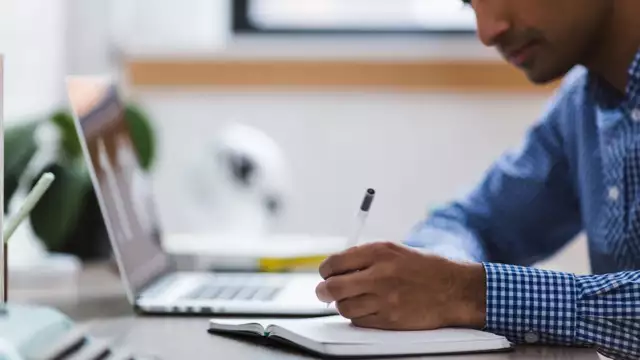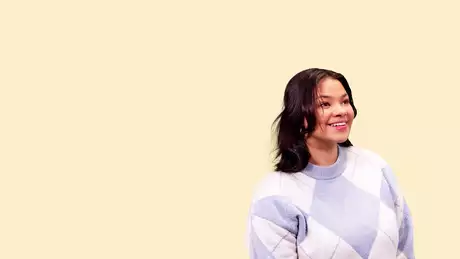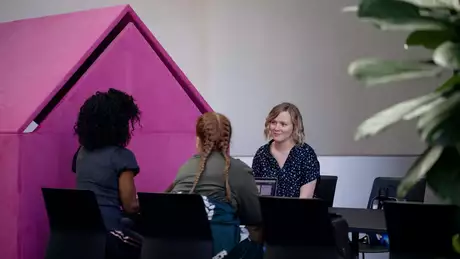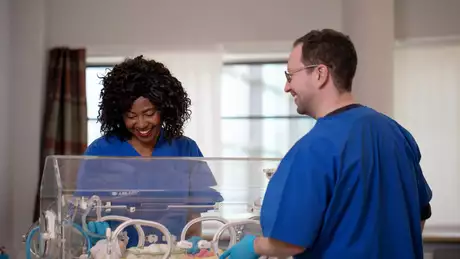
2020: The start of a new normal
Published: 17.05.2021 / Student life / Blog
The year 2020 was a very different year than what we students are used to. It was a year of big changes and new learnings but most of all it was a year of adaptation. With COVID-19 going from an epidemic to a global pandemic, universities and workplaces had to find ways to survive and keep up their services to the best of their abilities. Remote learning became our new normal and with that came even more responsibility to make sure we as students keep up somewhat of a routine, remember classes and take care of ourselves at the same time. I decided to explore the mindset of four students at Arcada: Emilia, Martin, Mohammad and Elina, to better understand the effects of online classes and what they have done to keep up their motivation and communication with their classmates.
A common positive aspect of online studies has been the extra time you get from not having to commute and getting that extra sleep in the mornings. Emilia, a 2nd-year Social Services student, points out that it is also easier to plan your days around the lessons and that way have more control over your day and time.
All four students agreed that their concentration and motivation has taken a toll when it comes to online classes. Sitting in front of a computer screen for an extended amount of time not only tires your eyes but also makes it easier to get distracted by your surroundings. The environment between home and campus is different, which makes it hard to differentiate time between studies and leisure because the surroundings usually stay the same. Students abroad struggle with keeping in contact outside of lessons due to time zones. The students also pointed out that because studies focus largely on practical learning and learning by doing, the opportunity to have lessons at campus where you can try it for yourself, for example, laboratory tests have completely disappeared. This slows down the learning a bit unless you have access to the equipment yourself. Utilizing the practical aspect outside of campus has been difficult.
With having to be cooped up inside and staring at a screen most of the time many students (and humanity as a whole) have struggled to keep up their motivation and mental health at the same time. Fortunately, students at Arcada have found ways to help keep their spirits up. Keeping a routine is key for helping get through the tougher days, and in general. Set timeslots for studying and turn off any device that can distract you, suggests Martin who is on his 2nd year of Online Media studies at Arcada. He also tries to have lunch close to the same time as he would at campus and makes sure to go out every day, even if it is just to take a break. To keep up the motivation for a course that relies heavily on practical learning, trying to focus on one’s study goals and the willingness to learn something new that will be helpful in the future, is what all four students feel passionate about. Mohammad who studies Mechanical and Sustainability Engineering as a 1st-year student abroad summed it up very well in saying: “To win you have to work.” Even if it can be hard at times, remembering these tips can help all of us push through these odd times one way or another.
Communication has also become a big factor during the pandemic since we have been limited to seeing friends and family, especially for the students who started studies in autumn 2020 who have had a completely different university experience than anyone else. Not being able to meet your classmates in person has forced students to figure out ways to get to know each other and establishing the community feeling so many of us have on campus. Zoom has been a way for students to catch up and let out possible frustrations in between classes and group chats have also made it easier to keep in touch with classmates. Elina, a 1st year Mechanical and Sustainability Engineering student, feels that even though the group dynamic feels more dispersed due to online studies and international students abroad, they have been juggling different ideas to work on getting to know each other as well as possible. She also mentioned that group tasks have helped form a more cohesive community feeling.
As for older students who have established a group dynamic during their earlier years, the pandemic has not been as challenging in terms of communication, at least this is Emilia’s perspective on the matter. “It felt weird in the beginning, but it got better pretty fast and now people are used to the situation and it feels natural to send a message in our group chats. I feel like it’s had a positive impact on our group” she says.
International students have plans to meet in person once travelling abroad is acceptable again. Luckily, it seems that this year might be the (hopefully) last one we must stay online and we will get to see each other again soon.
This blog post is written by Ida Kuittinen, 2nd year student in Cultural Management (Kulturproducent) at Arcada, as a part of her practical training.


